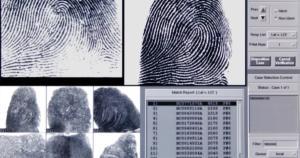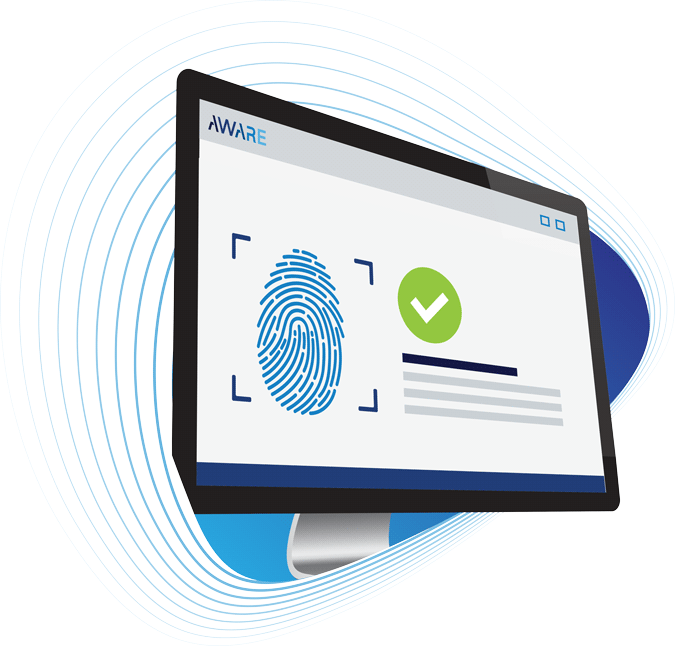Top three hot topics of the quarter
November 22, 2023 | 3 minute read
In case you missed it, check out the 3 most popular blog posts from last quarter:
1. Benefits of rapid fingerprinting for law enforcement agencies
 Biometrics are among the strongest identification methods available due to their uniqueness. No two individuals, not even identical twins, have the exact same identifiers – be it fingerprints, irises, voice scans or faceprints. This makes biometrics extremely important to law enforcement agencies, who can use them reliably as part of background checks, criminal investigations, and mass disaster identification.
Biometrics are among the strongest identification methods available due to their uniqueness. No two individuals, not even identical twins, have the exact same identifiers – be it fingerprints, irises, voice scans or faceprints. This makes biometrics extremely important to law enforcement agencies, who can use them reliably as part of background checks, criminal investigations, and mass disaster identification.
Continue reading →
2. How Does Deepfake Technology Work and Should I Be Worried About It?
 If you’ve spent time on social media, you might have come across what is a potentially concerning technological advancement – the deepfake. Deepfake images can be seen as anything from entertaining to concerning – or even scary. A political figure spreading propaganda they didn’t truly spread. A historical figure making a speech they didn’t actually make. A famous actor doing or saying things they didn’t do or say. Some questions you might be turning over in your mind – how are these images created? What are the security implications of deepfakes? Should I be worried? Rest assured, while deepfake technology is advancing, there isn’t a need to panic about what this could mean for the average person’s security.
If you’ve spent time on social media, you might have come across what is a potentially concerning technological advancement – the deepfake. Deepfake images can be seen as anything from entertaining to concerning – or even scary. A political figure spreading propaganda they didn’t truly spread. A historical figure making a speech they didn’t actually make. A famous actor doing or saying things they didn’t do or say. Some questions you might be turning over in your mind – how are these images created? What are the security implications of deepfakes? Should I be worried? Rest assured, while deepfake technology is advancing, there isn’t a need to panic about what this could mean for the average person’s security.
Continue reading →
3. Which biometric authentication method is the best?
In the age of the digital world, security remains essential. Many organizations have set up rules in place to prevent weak and familiar passwords from being in use. However, these policies do not address password fatigue. A recent study sponsored by Yubico and conducted by Ponemon Institute concluded that despite the increasing concern regarding privacy and protection online, individuals and businesses are still falling short:
- 50% of IT respondents and 39% of individual users reuse passwords across workplace accounts
- 59% of IT security respondents report that their organization relies on human memory to manage passwords
- 56% of individuals will only adopt new technologies that are easy to use and significantly improve account security
Additionally, according to the report, respondents spend an average of 12.6 minutes each week or 10.9 hours per year entering and/or resetting passwords. This results in a productivity and labor loss of $5.2 million annually per company.

